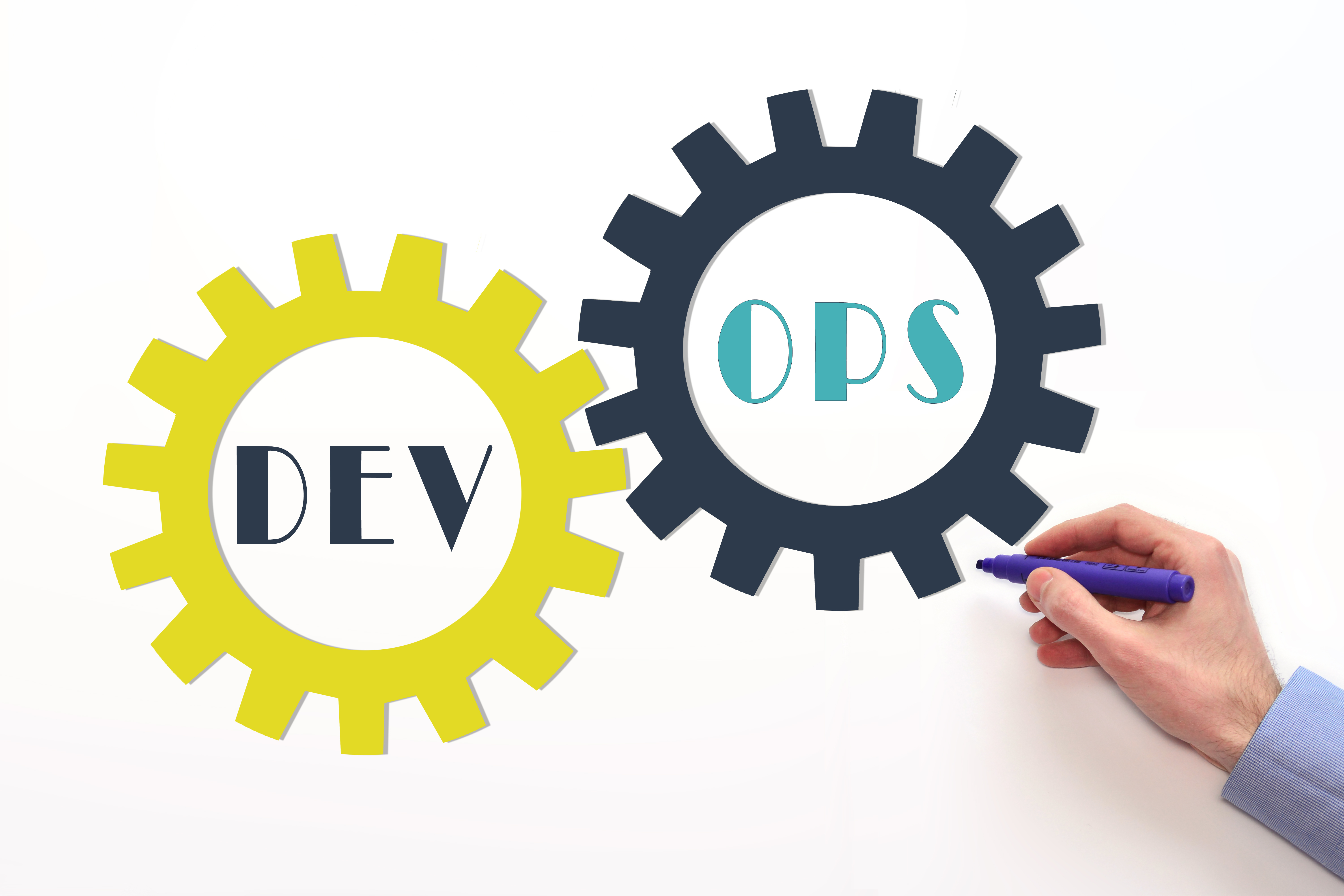DevOps is a methodology that has gained immense popularity in recent years, especially in software development and operations. It's a set of principles that enable organizations to deliver high-quality software at a faster rate, with greater reliability and efficiency. In this article, we will discuss the core principles of DevOps.
-
Continuous Integration and Continuous Deployment
Continuous Integration (CI) and Continuous Deployment (CD) are two essential principles of DevOps. CI involves regularly merging code changes into a central repository, testing those changes automatically, and providing feedback to the developers. This allows teams to catch and fix bugs earlier in the development process, reducing the chances of defects making their way into production.
CD involves automating the deployment process and releasing code changes into production environments quickly and safely. It's a critical aspect of DevOps that ensures code is released frequently and reliably, enabling organizations to respond quickly to changes in the market.
-
Infrastructure as Code
Infrastructure as Code (IaC) is another critical principle of DevOps. It involves managing infrastructure and configuration as code, allowing teams to automate infrastructure deployment and management. IaC enables organizations to create, manage, and maintain infrastructure in a consistent and repeatable manner, reducing the risk of configuration errors and minimizing downtime.
-
Automation
Automation is at the heart of DevOps. It involves automating manual, repetitive tasks and processes, allowing teams to focus on more important work. Automation enables organizations to deploy code changes faster, reduce errors, and improve the reliability of their systems.
-
Collaboration
DevOps is all about collaboration between development and operations teams. This involves breaking down silos and promoting a culture of shared responsibility and accountability. Collaboration enables teams to work together more effectively, share knowledge, and solve problems quickly.
-
Monitoring and Feedback
Monitoring and feedback are essential principles of DevOps. It involves monitoring systems and applications to detect and resolve issues quickly, ensuring that everything is running smoothly. Feedback allows teams to learn from their mistakes and continuously improve their processes and systems.
-
Security
Security is a critical consideration in DevOps. It involves integrating security into the development process, ensuring that code changes are secure, and vulnerabilities are identified and addressed early on. Security is everyone's responsibility in DevOps, and it's important to prioritize security throughout the development and deployment process.
-
Continuous Learning and Improvement
Continuous Learning and Improvement is a fundamental principle of DevOps. It involves continuously learning from past experiences and improving processes and systems. Continuous learning enables teams to stay up-to-date with the latest technologies and best practices, ensuring that they can continue to deliver high-quality software.
In conclusion, DevOps is a methodology that enables organizations to deliver high-quality software at a faster rate, with greater reliability and efficiency. The principles of DevOps, including Continuous Integration and Continuous Deployment, Infrastructure as Code, Automation, Collaboration, Monitoring and Feedback, Security, and Continuous Learning and Improvement, provide a framework for organizations to adopt a DevOps culture and achieve success in their software development and operations.
